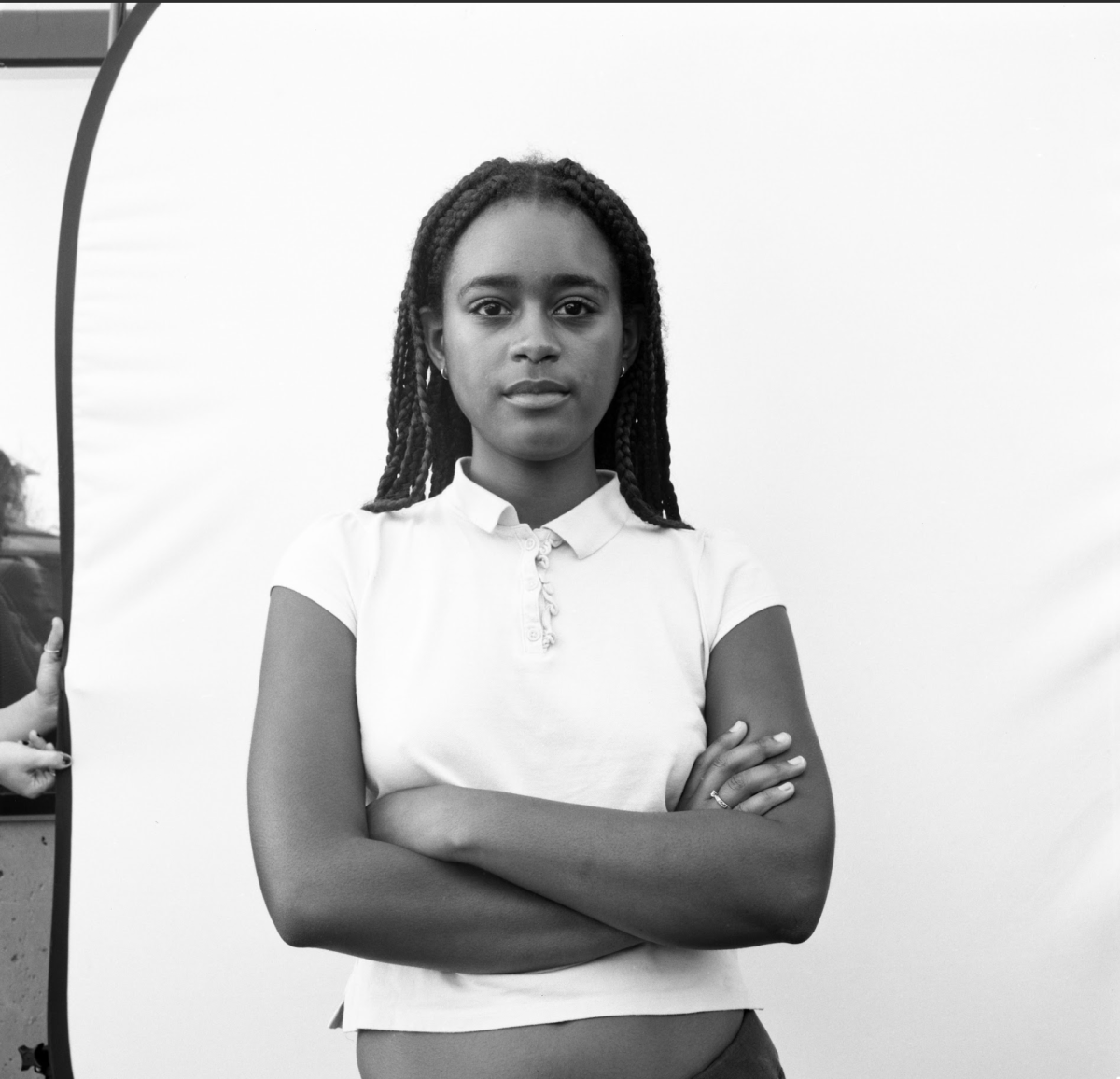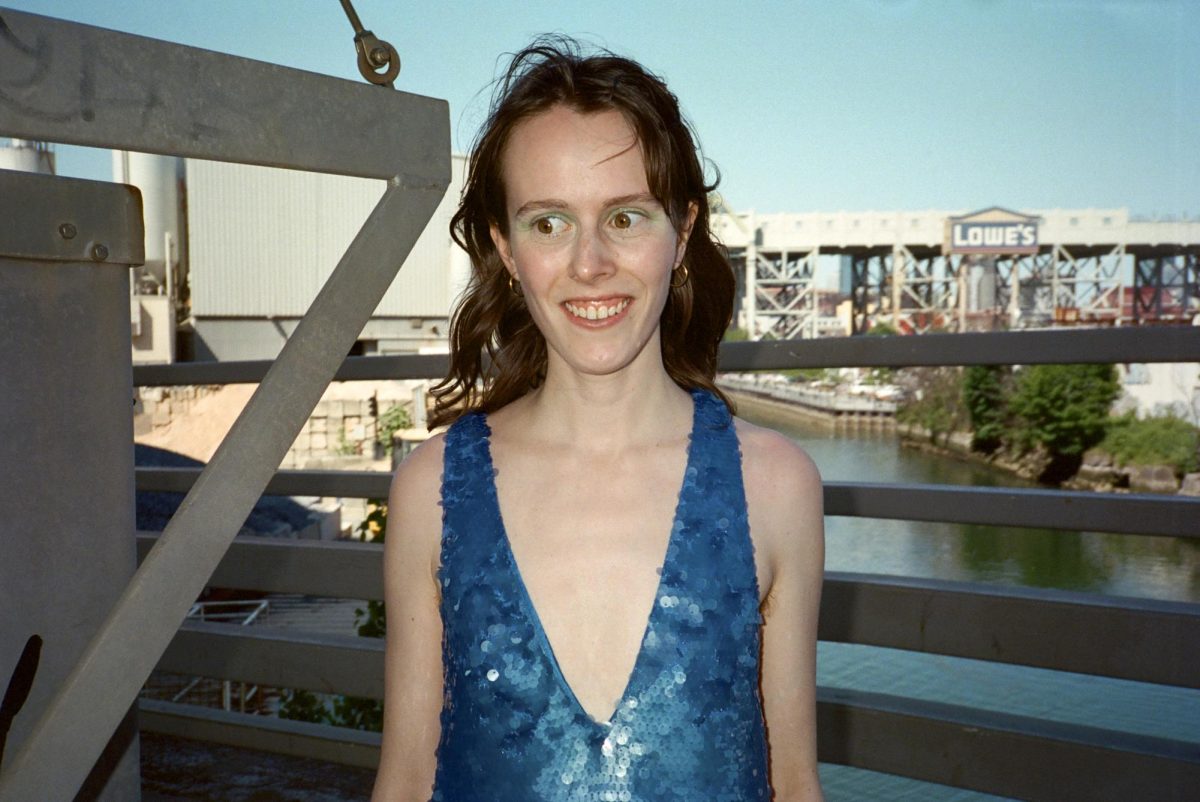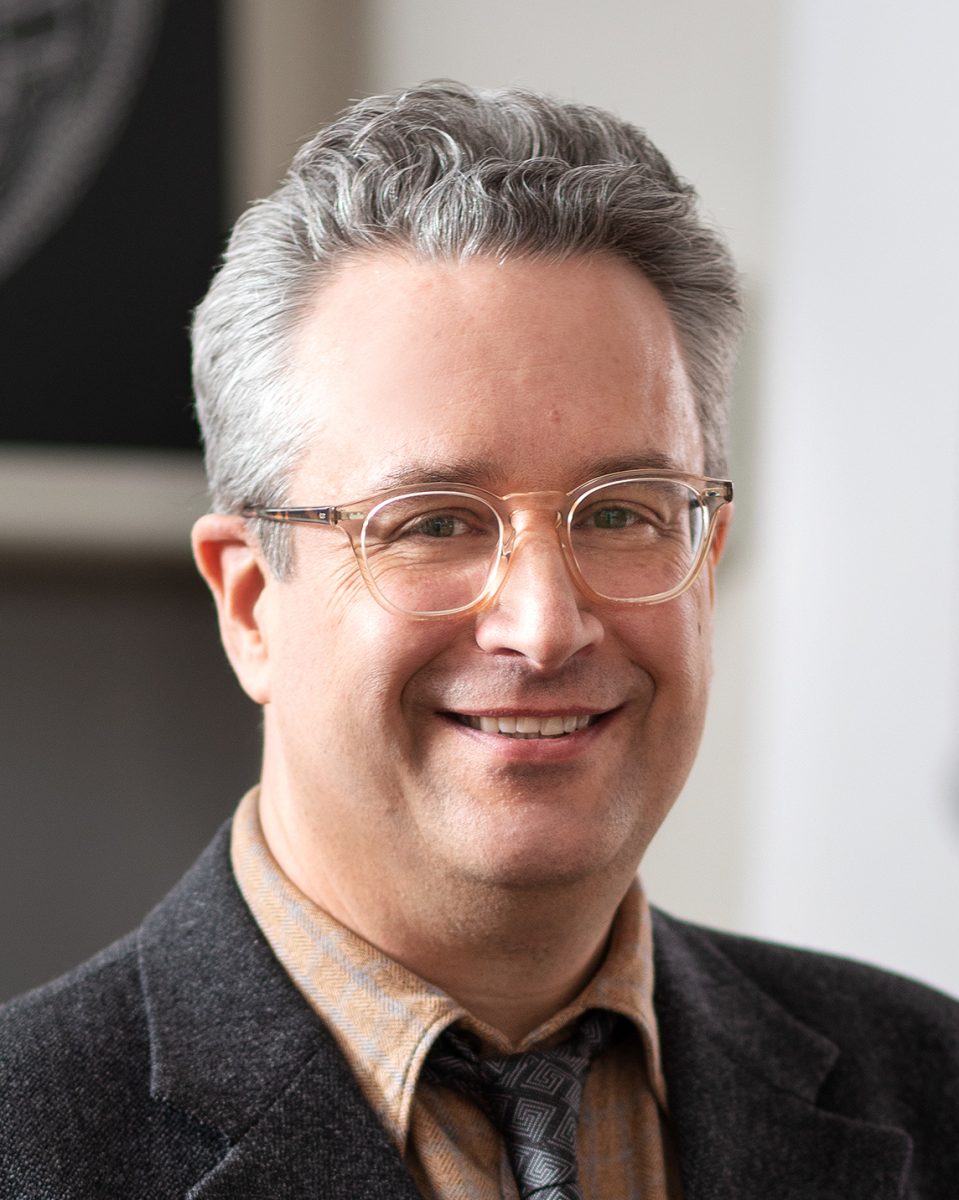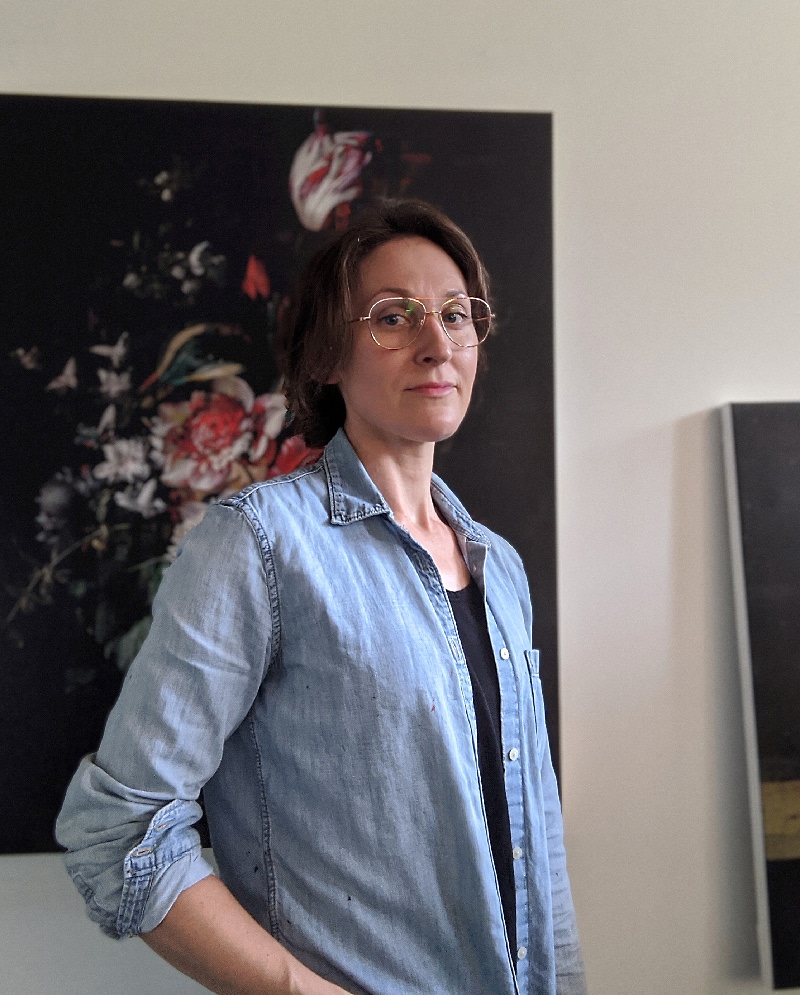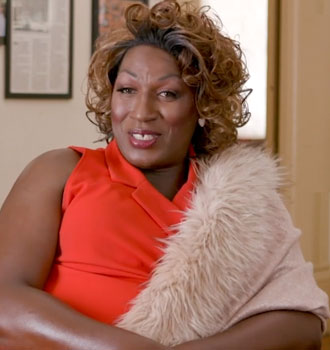
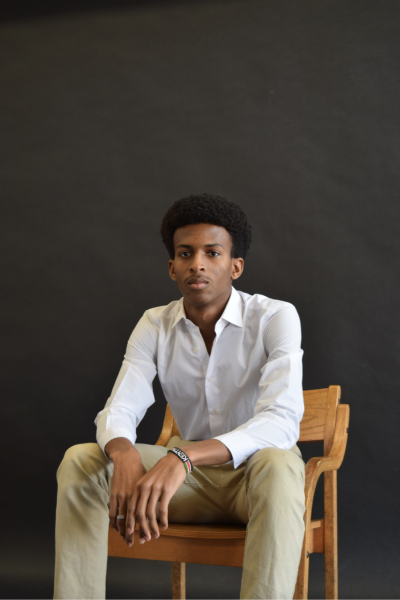
College fourth-year Arrie Solomon and College third-year Namu Makatiani are co-chairs of Oberlin Minority Association of Premedical Students, Oberlin’s new club for pre-med students of color.
This interview has been edited for length and clarity.
Can you describe Oberlin MAPS?
NM: Oberlin MAPS is a club where people of color can come together and take advantage of certain resources through the Student National Medical Association. Being people of color in pre-med, it can be hard to find other people who are like us or who look like us. Our club is there to bring people together, foster community, and strengthen diversity within the medical system.
AS: Another goal of ours is to provide resources and help each other navigate what being pre-med is and all the requirements that it entails. At Oberlin, like Namu said, it’s hard to find a community that feels truly supportive. We wanted to have a space for that.
How do you plan to make this club a safe space?
AS: We want to have a lot of bonding events as a club. I’ve been really wanting everyone to go bowling. We can just hang out and make friends within this group too — that’s a real foundation of community, as well as bringing in resources, bringing in speakers that can speak to the unique experience of being a person of color on the pre-med track or in medical school, in residency, and in the medical field in general, to have that sense of relatability.
NM: Part of making a safe space is making sure that people mentally are doing well and that they’re feeling as though the space isn’t mentally draining or exhausting for them. We hope to cater toward activities that are not solely focused on pre-med or sciences.
What kind of activities do you foresee Oberlin MAPS engaging in?
AS: Besides bonding events and speakers, we want to host study groups during midterms. We had one before break that went really well. Also, we want to have events about the pre-med track itself, what the requirements are, how to get them, and what it looks like at Oberlin specifically, since there’s no concentration or major.
NM: Another big thing that we’re hoping to do is attend some conferences, once we actually get chartered with SNMA. They host regional and national conferences. This is a great way for people to network and to find those clinical hours, shadowing opportunities, or something that could help them buff up their resume and application for medical schools.
What has your experience been like as pre-med students at Oberlin? Do you have advice you’d want to share with any other pre-med students here?
NM: Before this club, I did not realize how many people of color there were that wanted to go to medical school. Sometimes I sit in class and I’m one of the only Black people or one of the only people of color in my class. That is probably the most challenging aspect of being a pre-med student. That’s part of the reason why we wanted to create this club, so people can see others that are in the same boat as them and can gain confidence that they’re not alone.
One thing that I’m trying to do now is be lenient with myself if I get bad grades or something that I’m not anticipating. Everything is a learning lesson and I can recover from it.
AS: A lot of the culture in pre-med students is really competitive. One thing I’ve experienced is trying to be honest with myself and acknowledging I’m struggling and that’s okay. The part that makes it so isolating is that a lot of us don’t like to say that we’re struggling with something. I think in creating this club, it’s been really beautiful to see how many of us there really are, and how many people we can start to talk to. If I were to do it all over again, I would have wanted this club here, because finding resources, internships, and people outside of college to talk to can be challenging if you don’t already know where to go.
Pre-med, med school, and that whole journey can seem rushed, which can be stressful and overwhelming. My advice would just be to take your time. If you want to take a year off, do it. If you want to retake a class, do it. There’s no harm in making sure that you feel as prepared as you can.
NM: There’s this assumption that if you’re doing research, it has to be medically focused. Have hobbies that you enjoy so that you’re not solely focused on engaging one part of your brain all the time. That’s how you burn out so easily. Medical schools are just focused on if you know how to research something.
How can students join Oberlin MAPS?
AS: They can come to a meeting and say, “Hey!” They can talk to Namu or myself or any of the other board members. We’re going to have an Instagram soon with an email list link somewhere.
NM: We’ll be at different club events in the future. Hopefully once we’re an official club, it’ll be a little bit easier to find us on campus.







